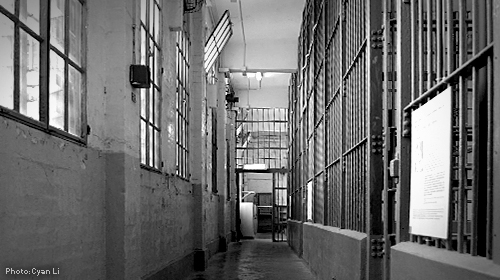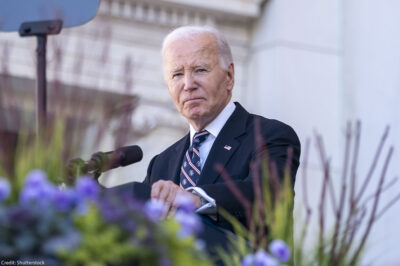
In taking control of Puerto Rico, in 1898, the United States introduced its brand of capital punishment; in 1927, Puerto Rico undertook its last execution; in 1929 it abolished the death penalty. The people wrote "the death penalty shall not exist" into its Constitution in 1952, a decision which was approved by the United States Congress and the President (who, by the way, cannot receive votes from the people of Puerto Rico, given that it's a "nonincorporated territory," inferring fewer rights than the people of territories). The people of this impoverished and proud island agreed long ago that life imprisonment is an appropriately just and harsh punishment for the worst crimes in Puerto Rico; the majority of the people today oppose the death penalty.
Still in 2013, amidst to the roar of successful death penalty repeal efforts in the States – 6 in the past 6 years, including Maryland last month – the United States Attorney for Puerto Rico insists that she knows what is best for the people of Puerto Rico and doggedly seeks the death penalty in case after case in federal court there, quite disproportionately against people of color and in contrast to the number of federal capital prosecutions in the States.
But the people (mind you, the federal jurors in Puerto Rico must speak and read fluent English, so the majority of the island's population is excluded from service), have made their voice heard not once but twice in recent weeks, rejecting death sentences in cases of terrible violence and death. In fact, no federal jury in Puerto Rico has ever sentenced anyone to death. These latest cases are the fifth and sixth outright rejections of the sentence the United States Attorney has received; twelve pending capital cases remain. Is this the spaghetti approach – throw as many cases as possible against the wall in hopes one will stick?
Horrific crimes, certainly – but not crimes that cause the Puerto Rican people to stoop so low as to demand blood for blood. Clearly, the Puerto Rican people define civilization to include consideration of mitigating circumstances -- like trauma, poverty, discrimination, lack of opportunity, mental health and cognitive limitations -- when judging a life.
In fact, the people of Puerto Rico are protesting on the streets and in front of the courthouse to make their voices heard – chants and reminders of "¡No a la Pena de Muerte!" and "¡Venganza no es justicia!" echo across the island, led by the Puerto Rico Coalition Against the Death Penalty.
In 2011, Attorney General Holder announced a policy that the death penalty would be sought only when the federal interest in seeking death is "more substantial" than local interests in not seeking it. So, how is it that the federal capital prosecutions in Puerto Rico are so racially and numerically disproportionate to all of the others in the States? Last month, the Governor of Puerto Rico sent a letter to Attorney General Holder requesting that he "not provide further authorization to seek the death penalty in any case filed before the United States District Court for the District of Puerto Rico." Enough is enough.
As an outsider watching these developments, I can't help but wonder about the incredible expense of these federal prosecutions attempting to force the death penalty down the throats of Puerto Rican people who reject death at every turn. For defendants who would agree to a sentence of permanent imprisonment, why would the United States Attorney spend millions of dollars and countless resources to achieve the same result? Is it arrogance? Is it racism? Is it a disconnect from the people?
As a defense attorney and policy advocate, I know the death penalty is a complicated beast – concerns for victims, public safety, and morality all play a part in sentencing decisions. But the people of Puerto Rico aren't stupid – they have certainly taken these issues, plus cost, race bias and life imprisonment as a harsh punishment, into account and continue to reject the added violence the death penalty brings. We challenge the United States Attorney to listen to the people on this issue and heed the Governor's request – stop trying to kill our people. Or the smackdown will continue.
Learn more about capital punishment and other civil liberty issues: Sign up for breaking news alerts, follow us on Twitter, and like us on Facebook.




